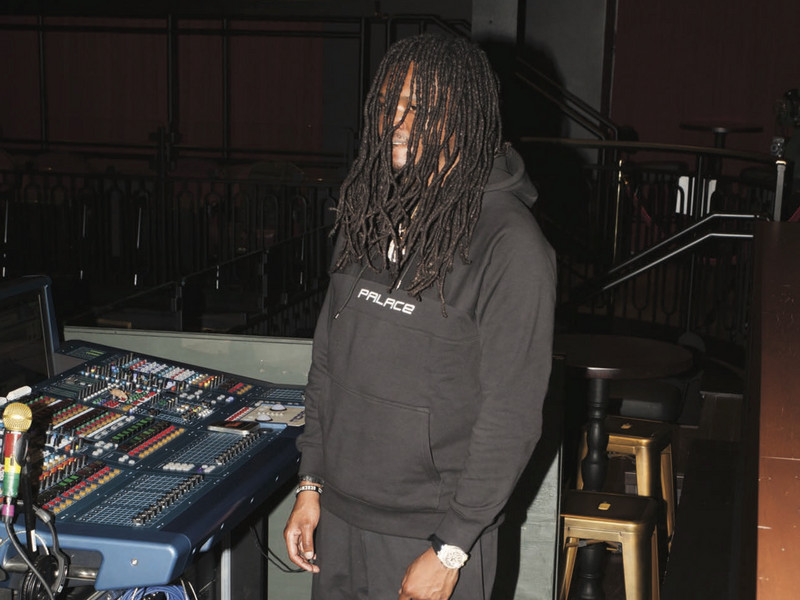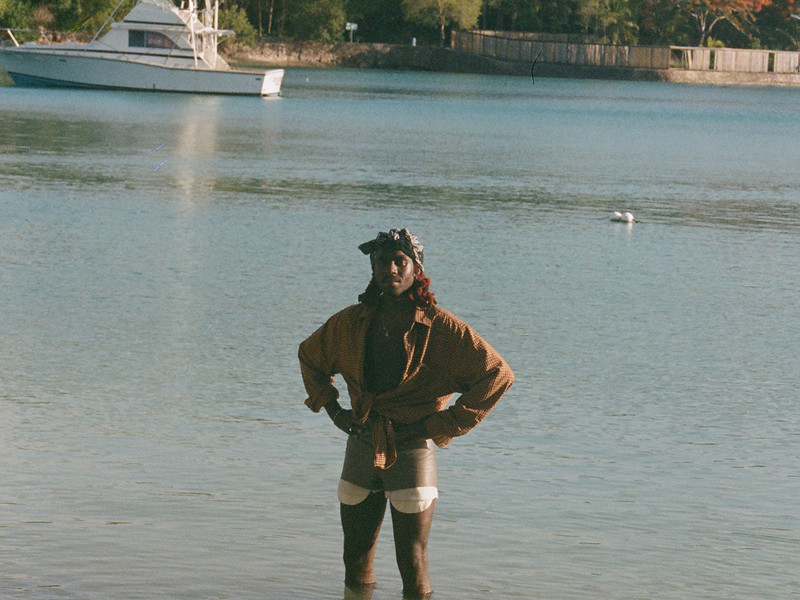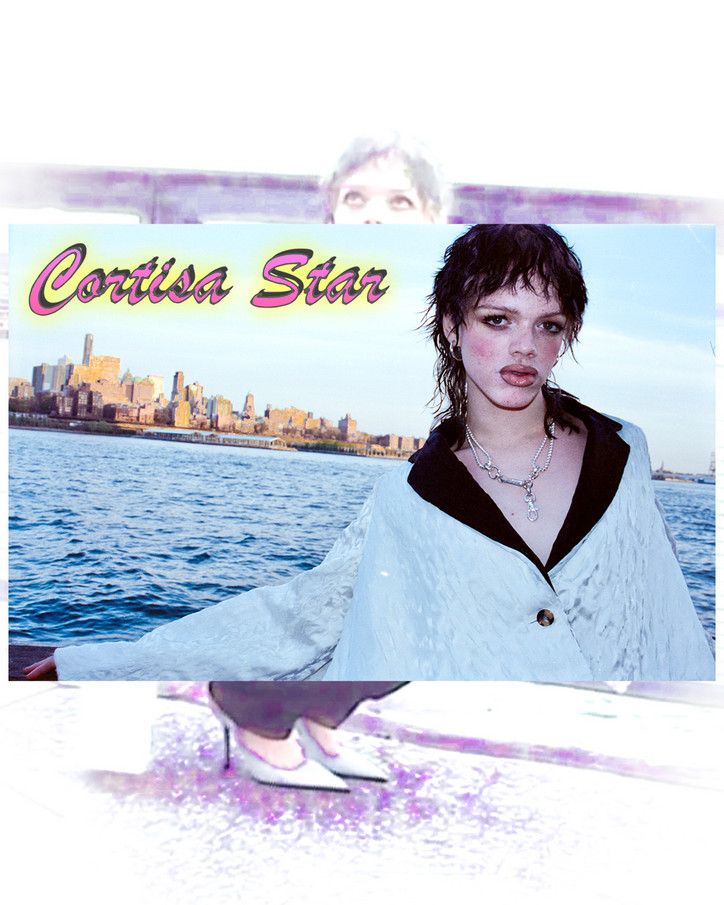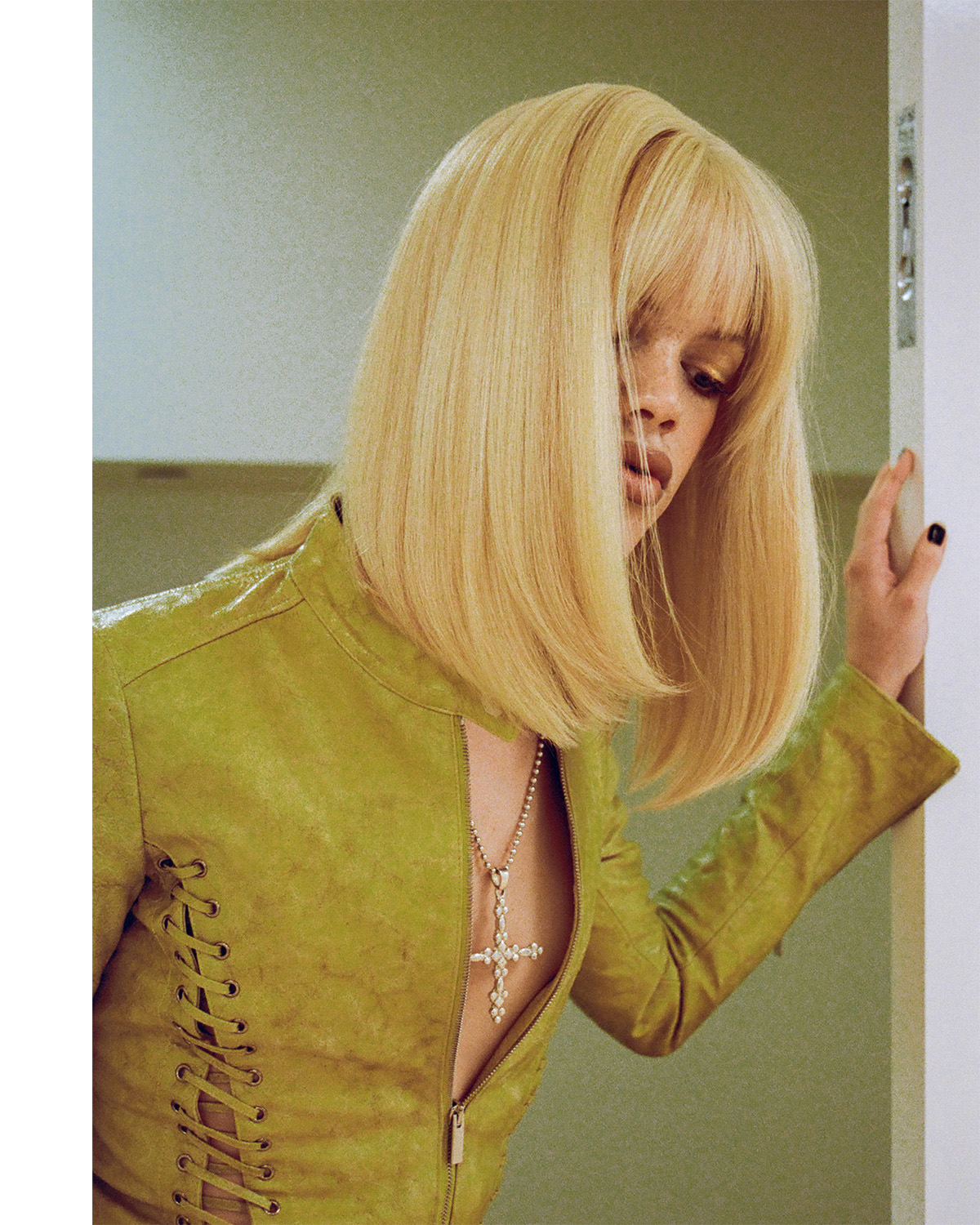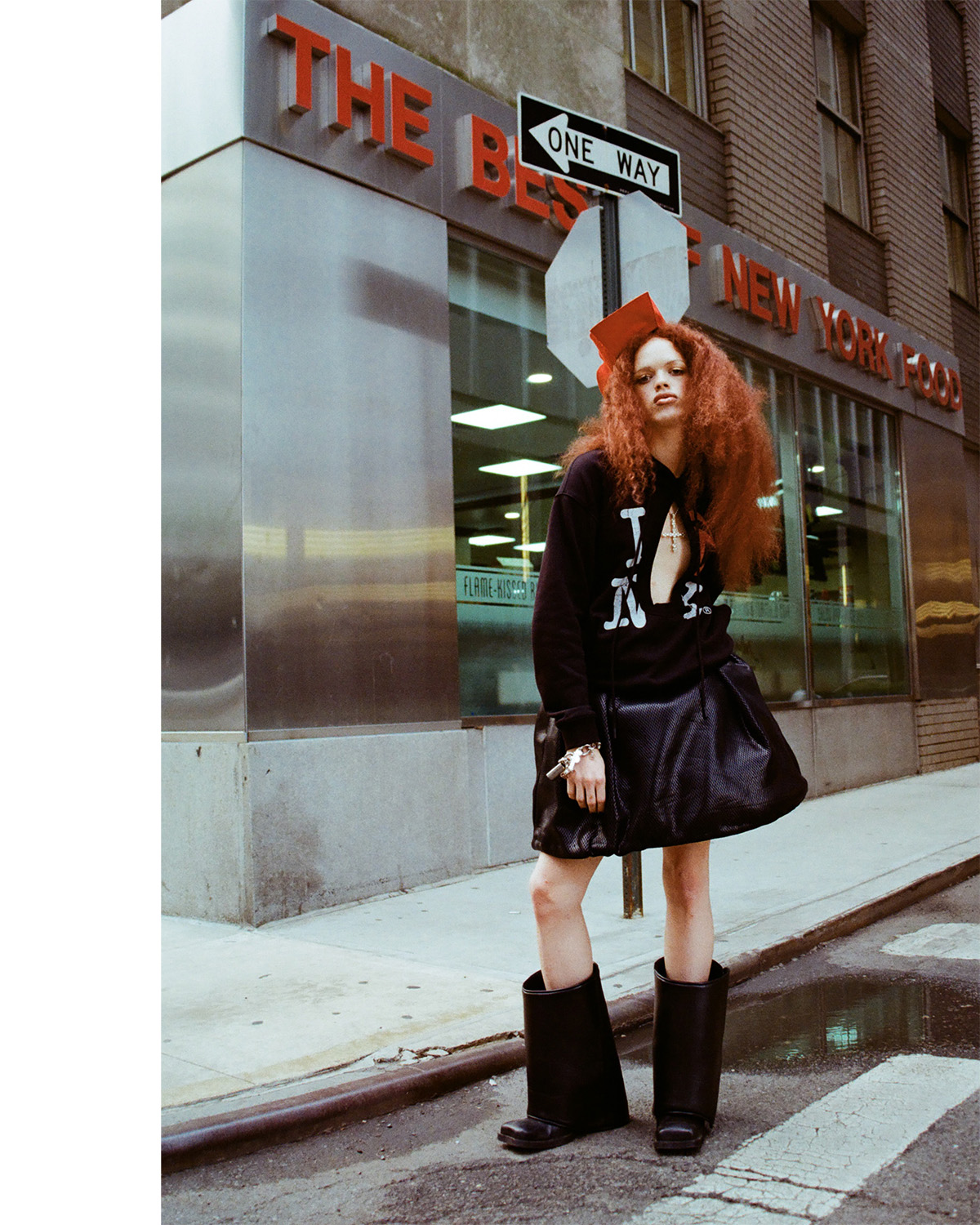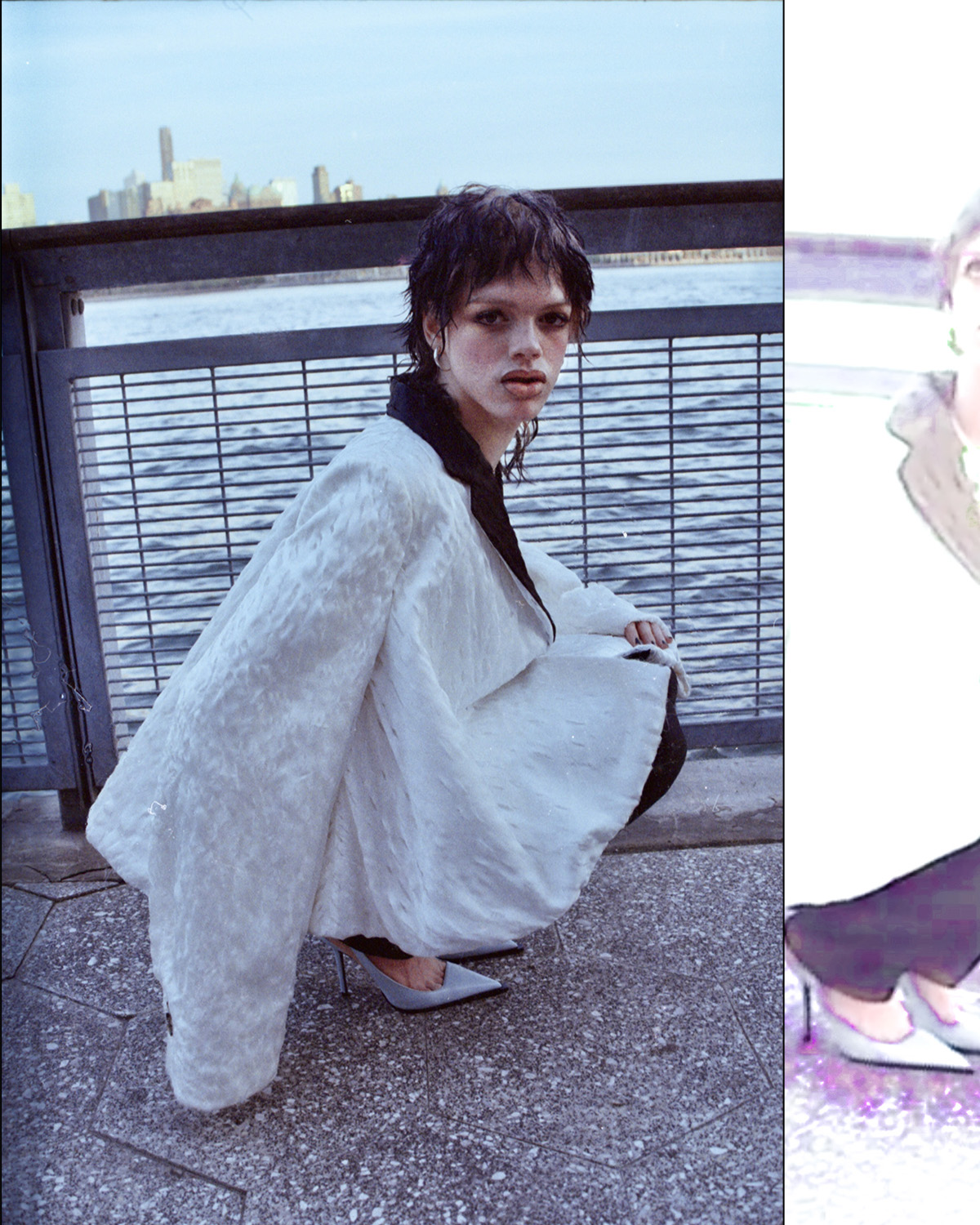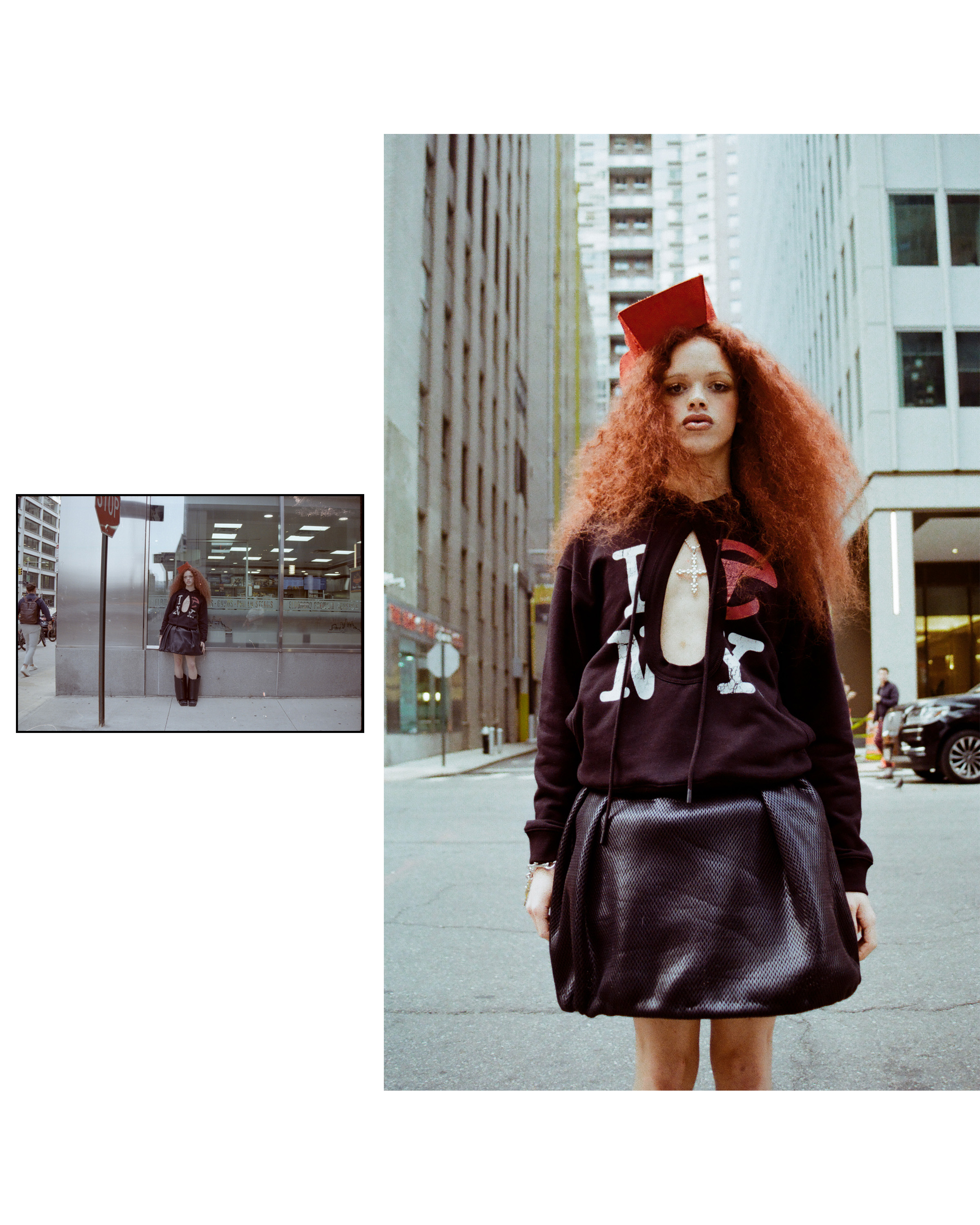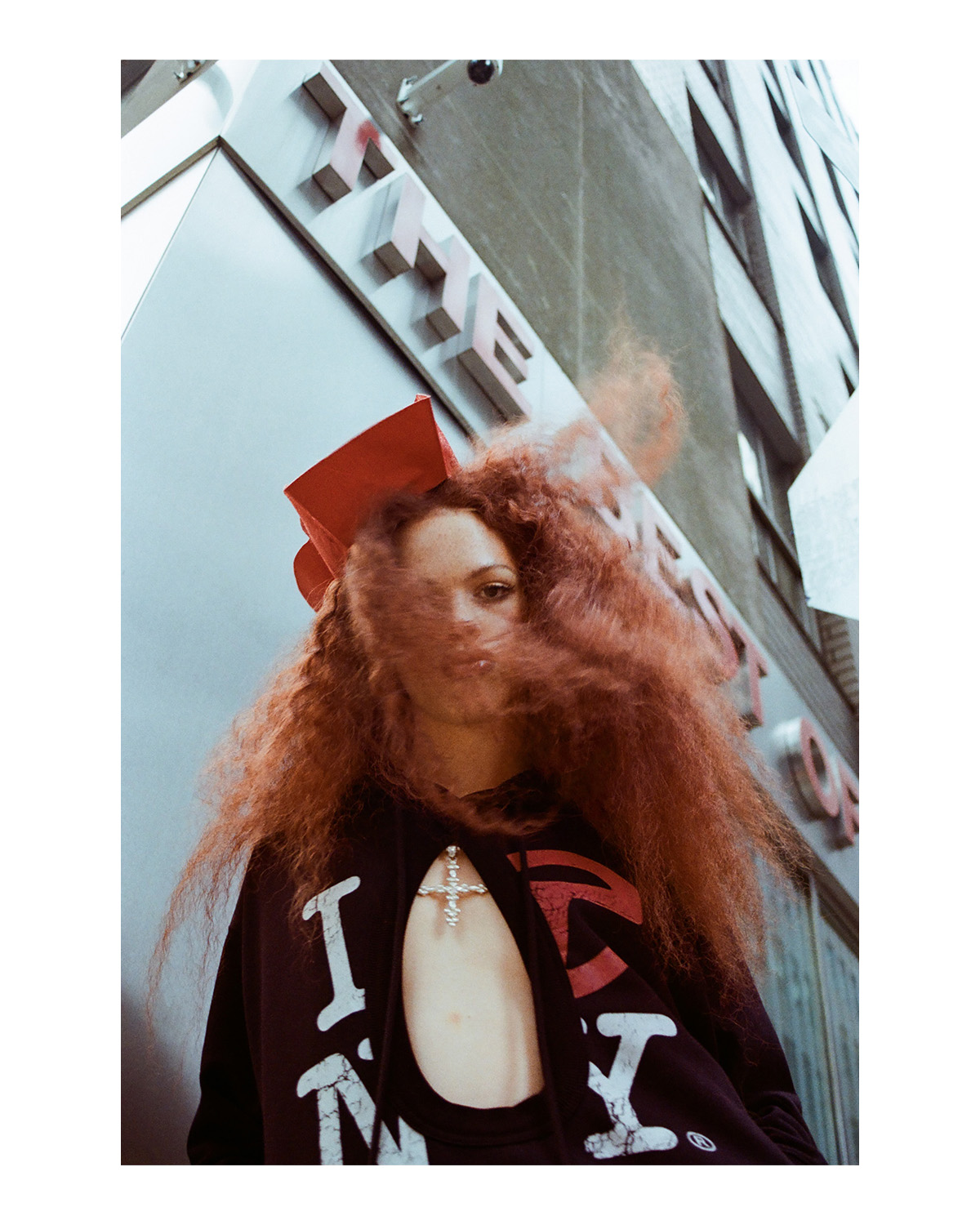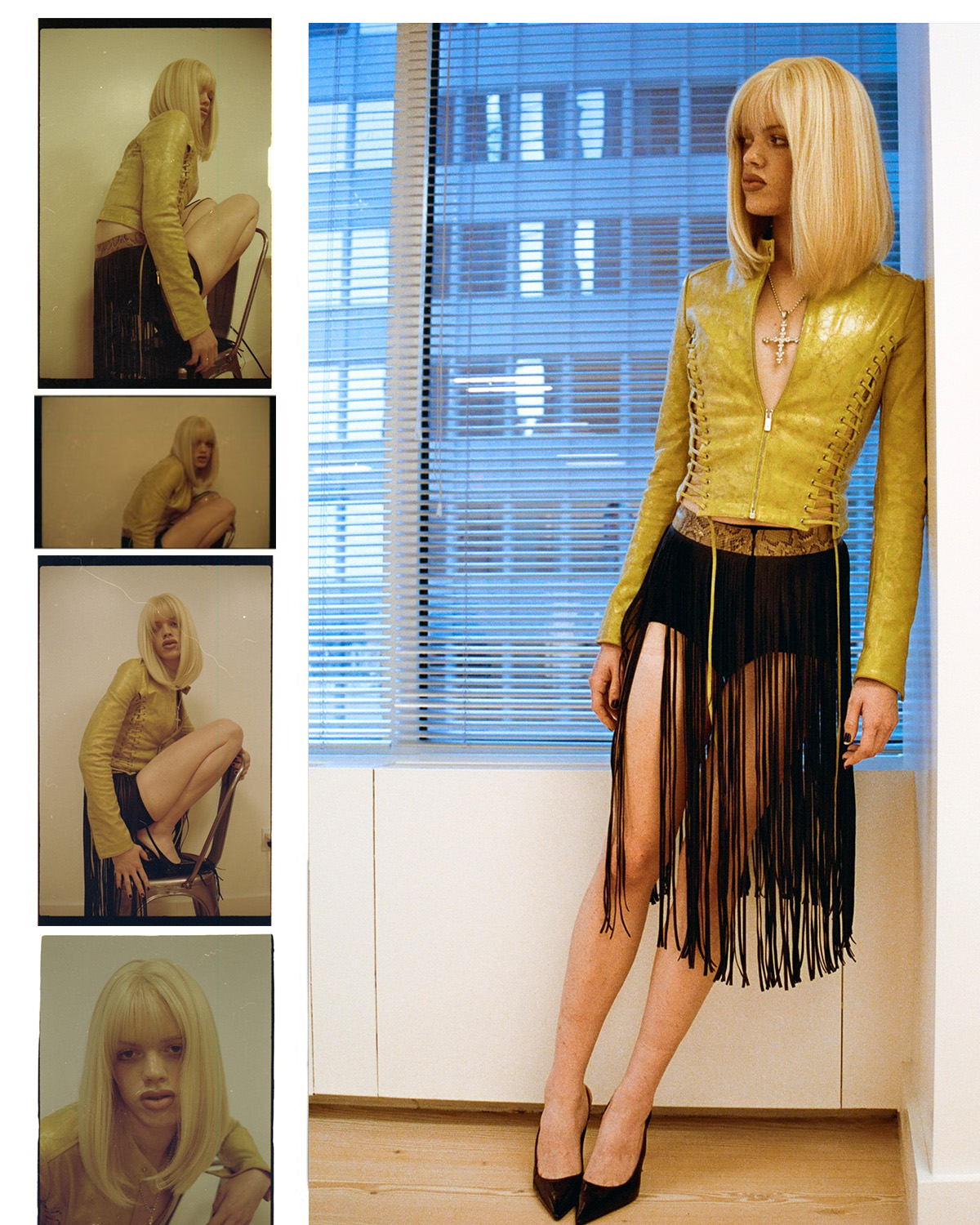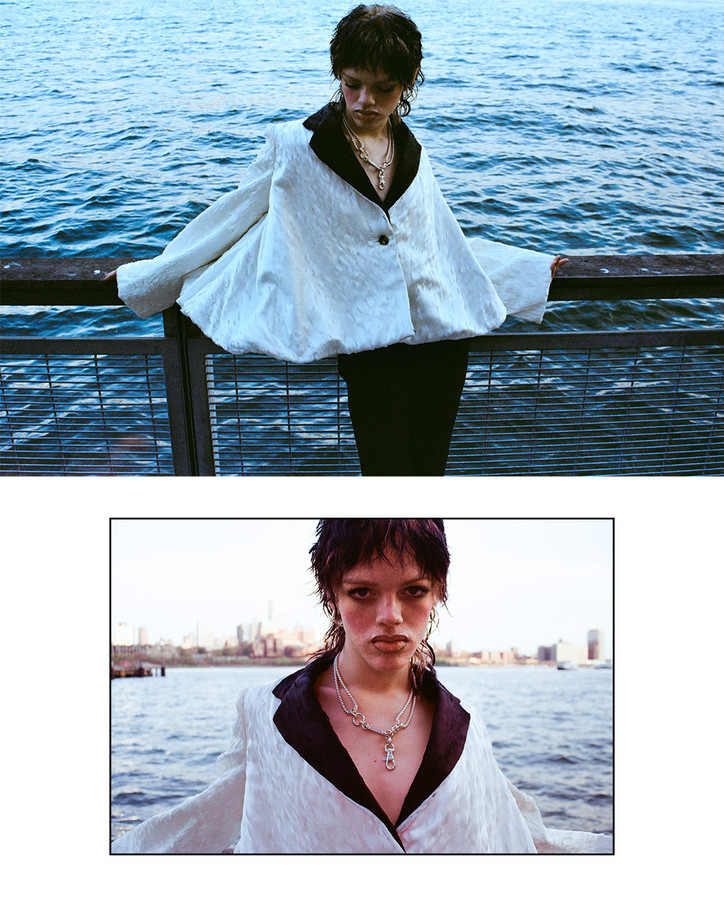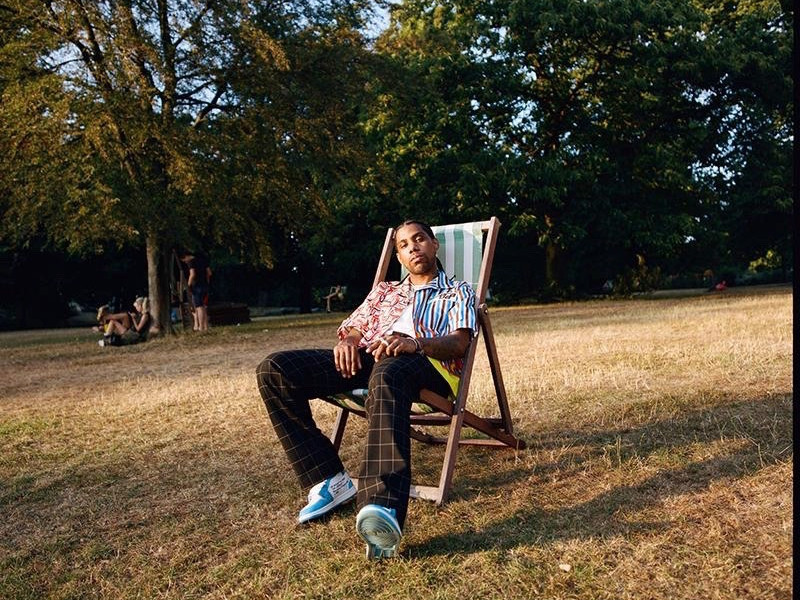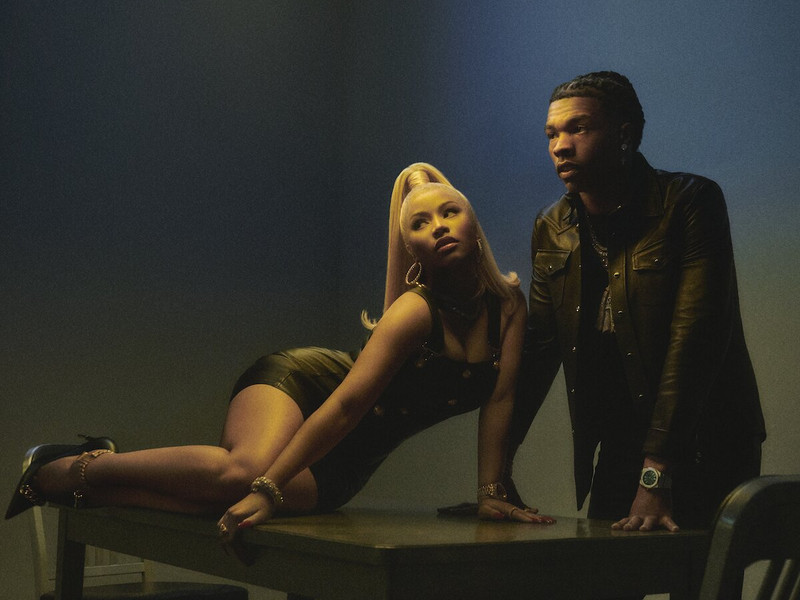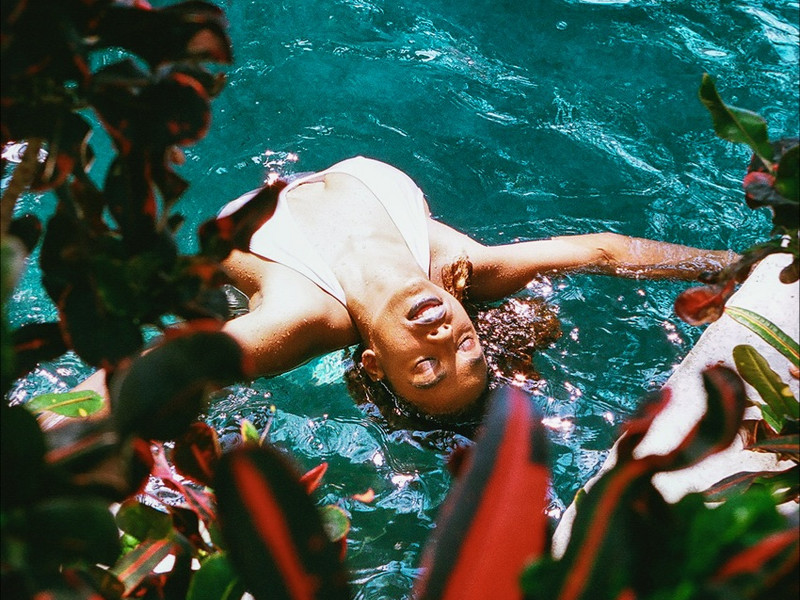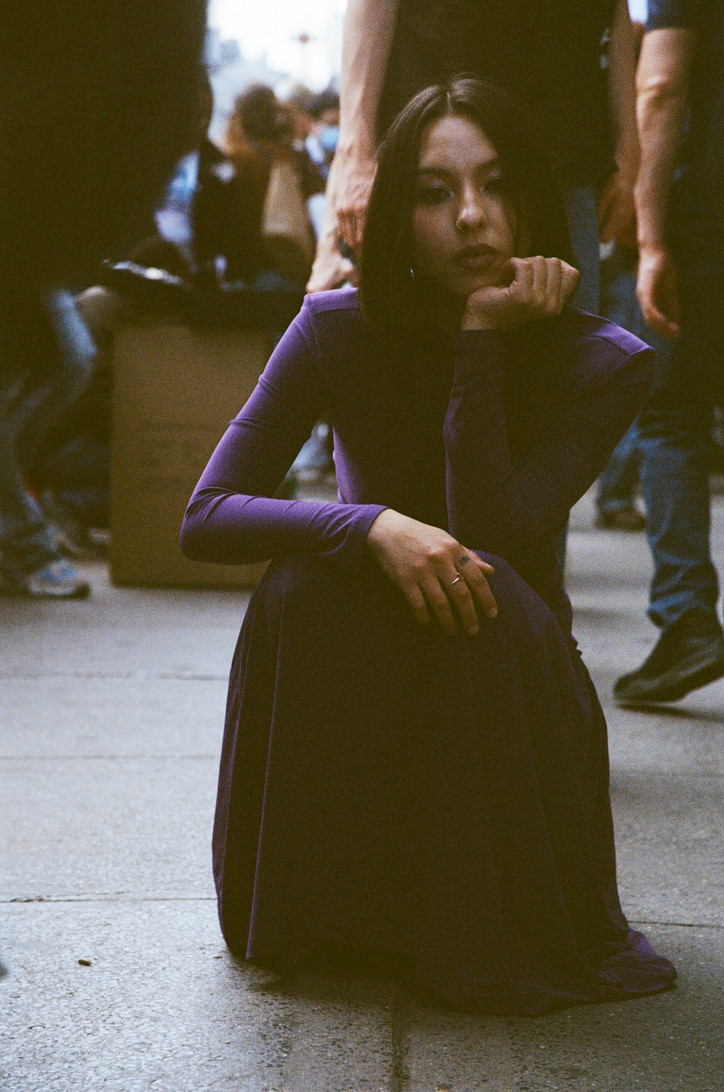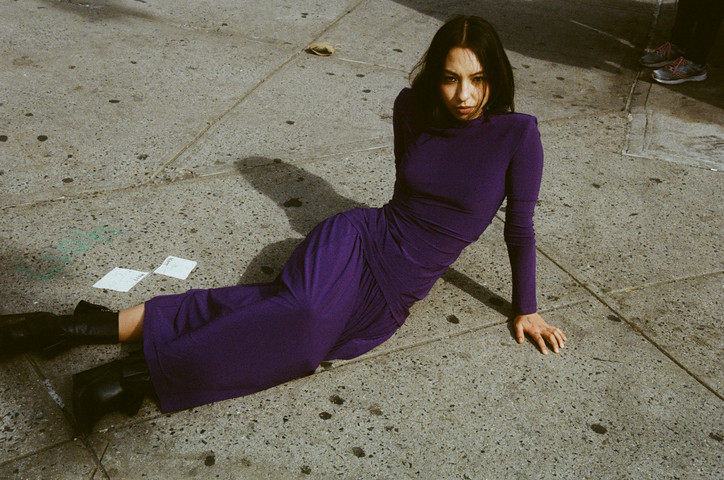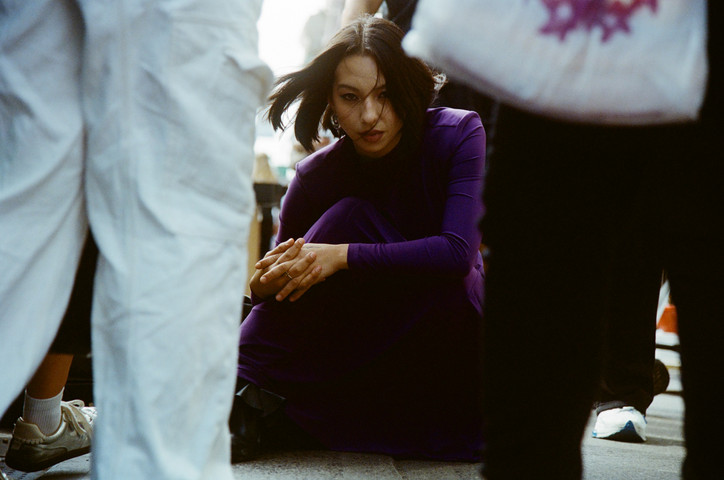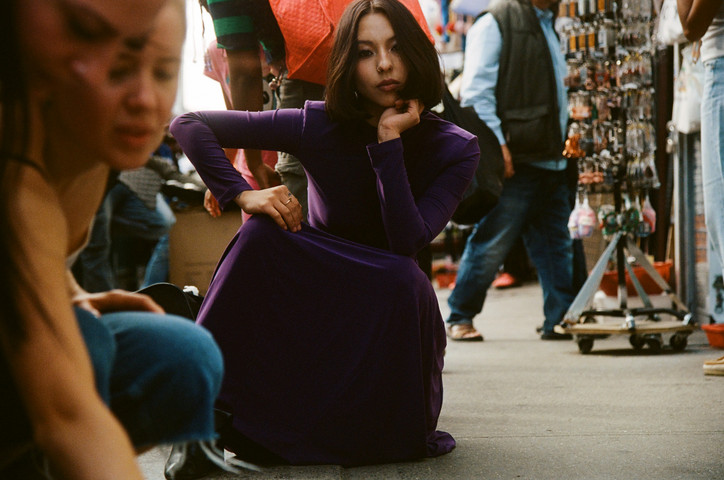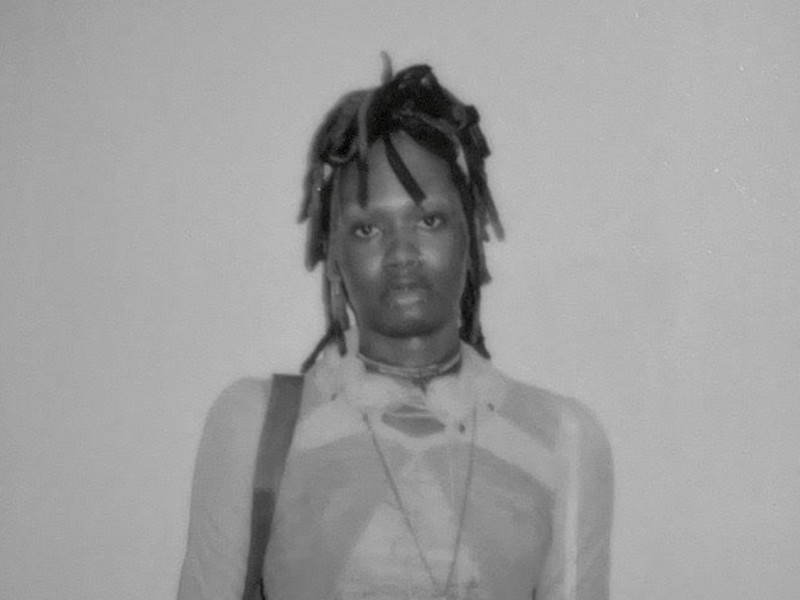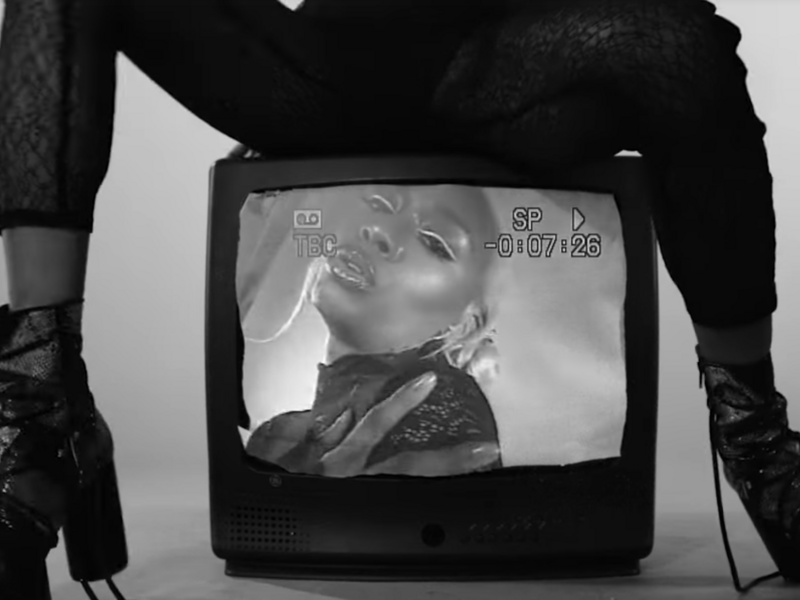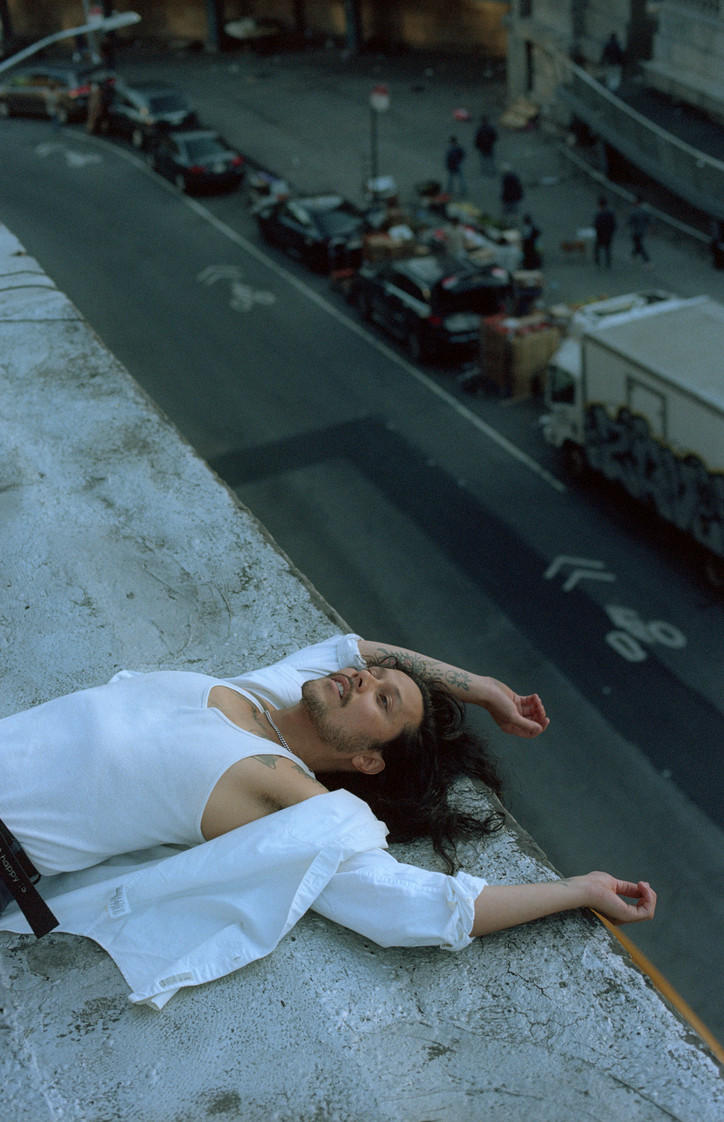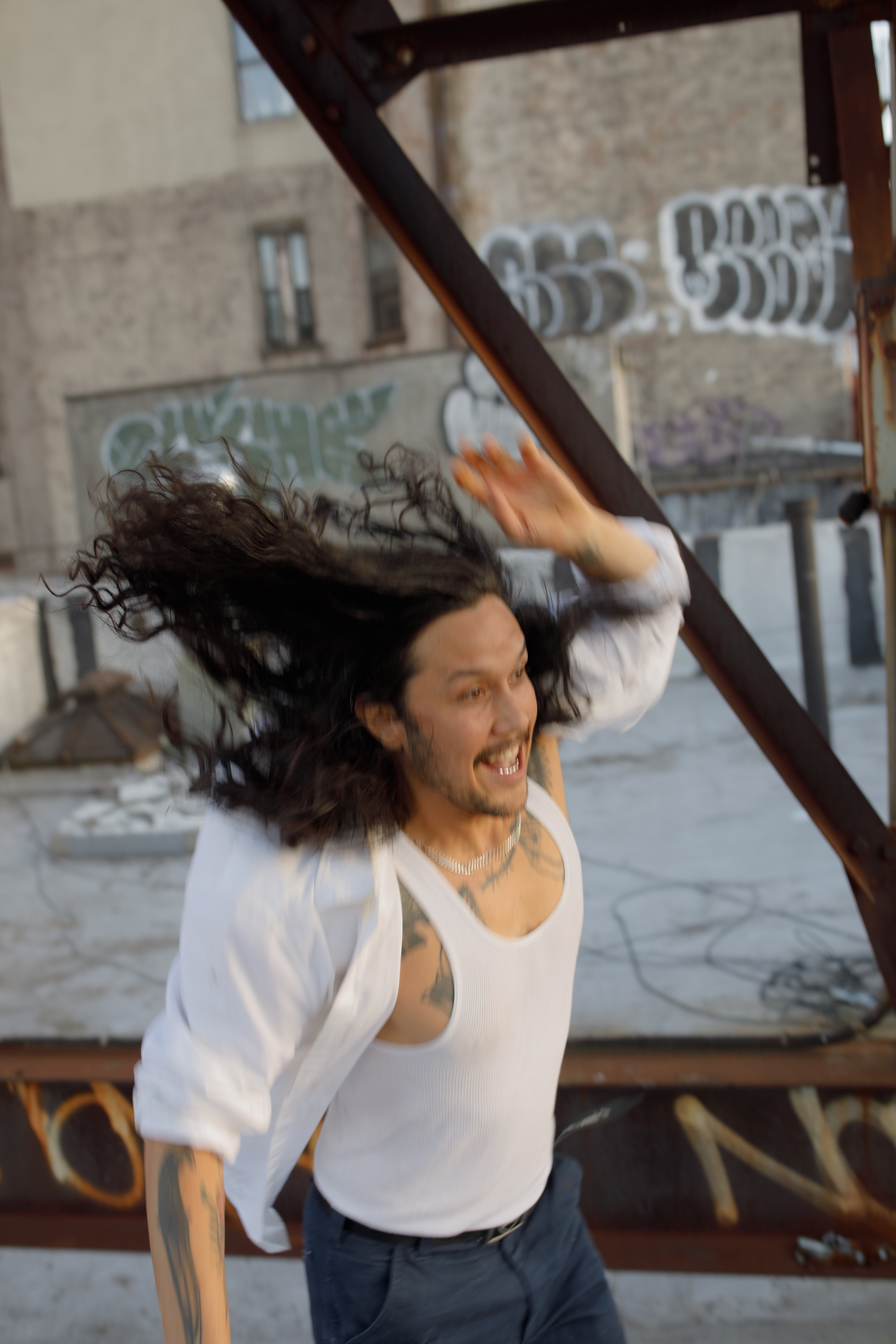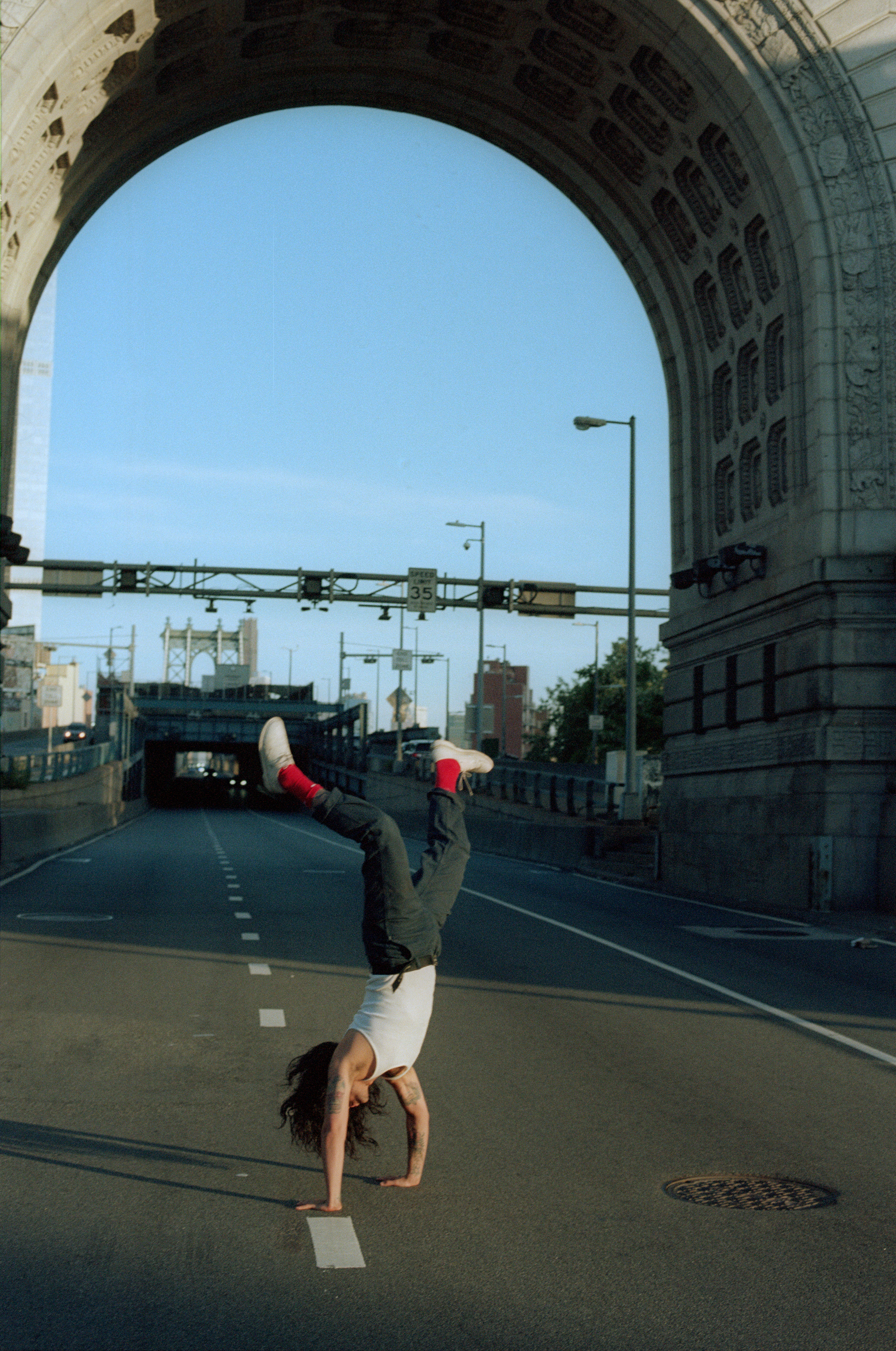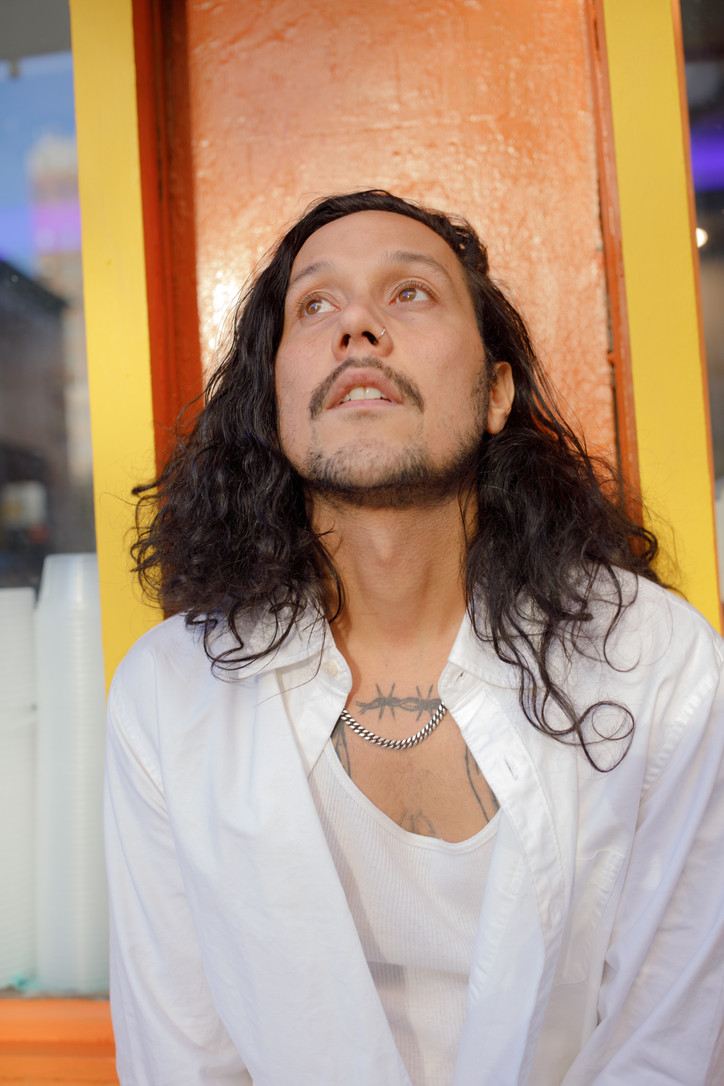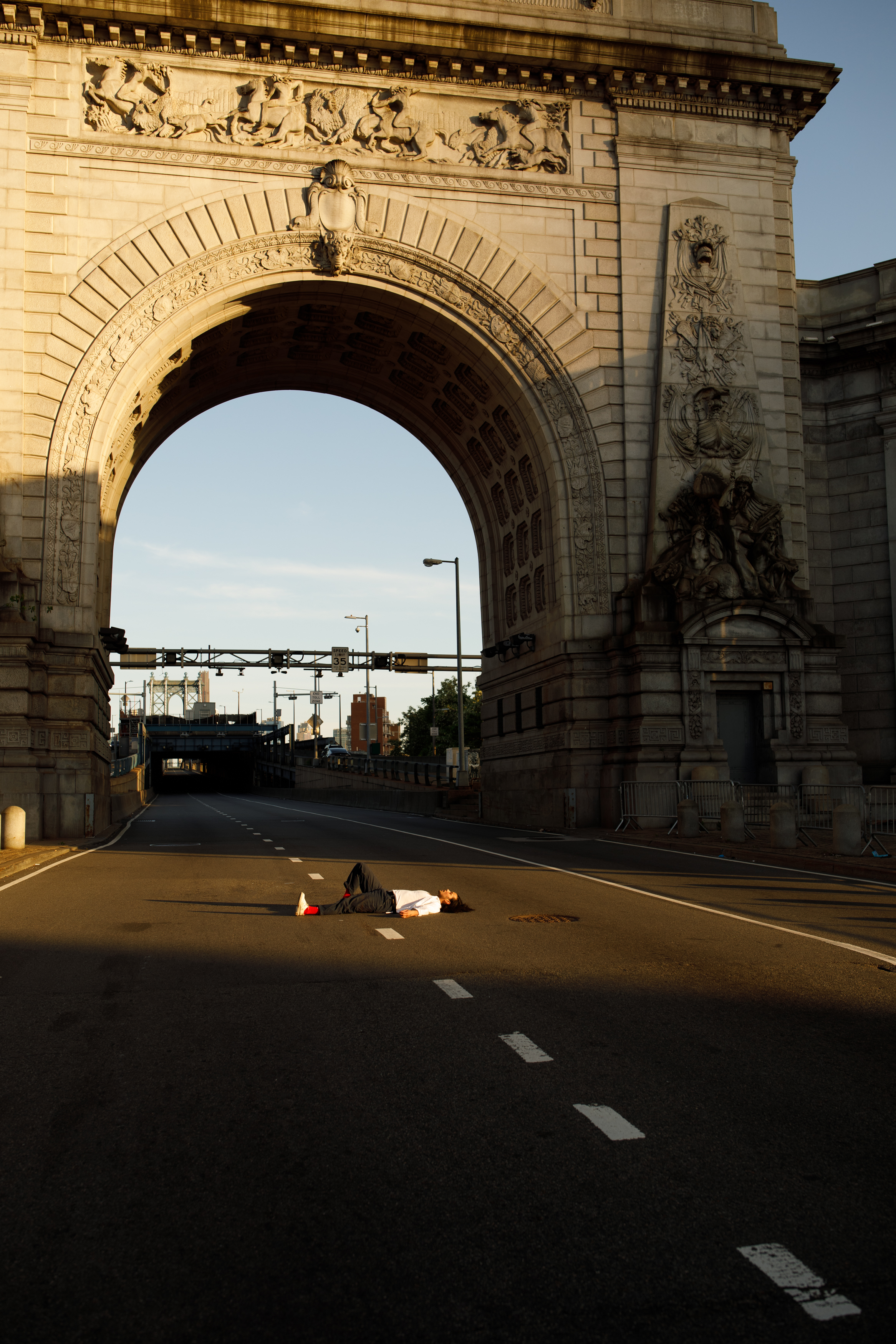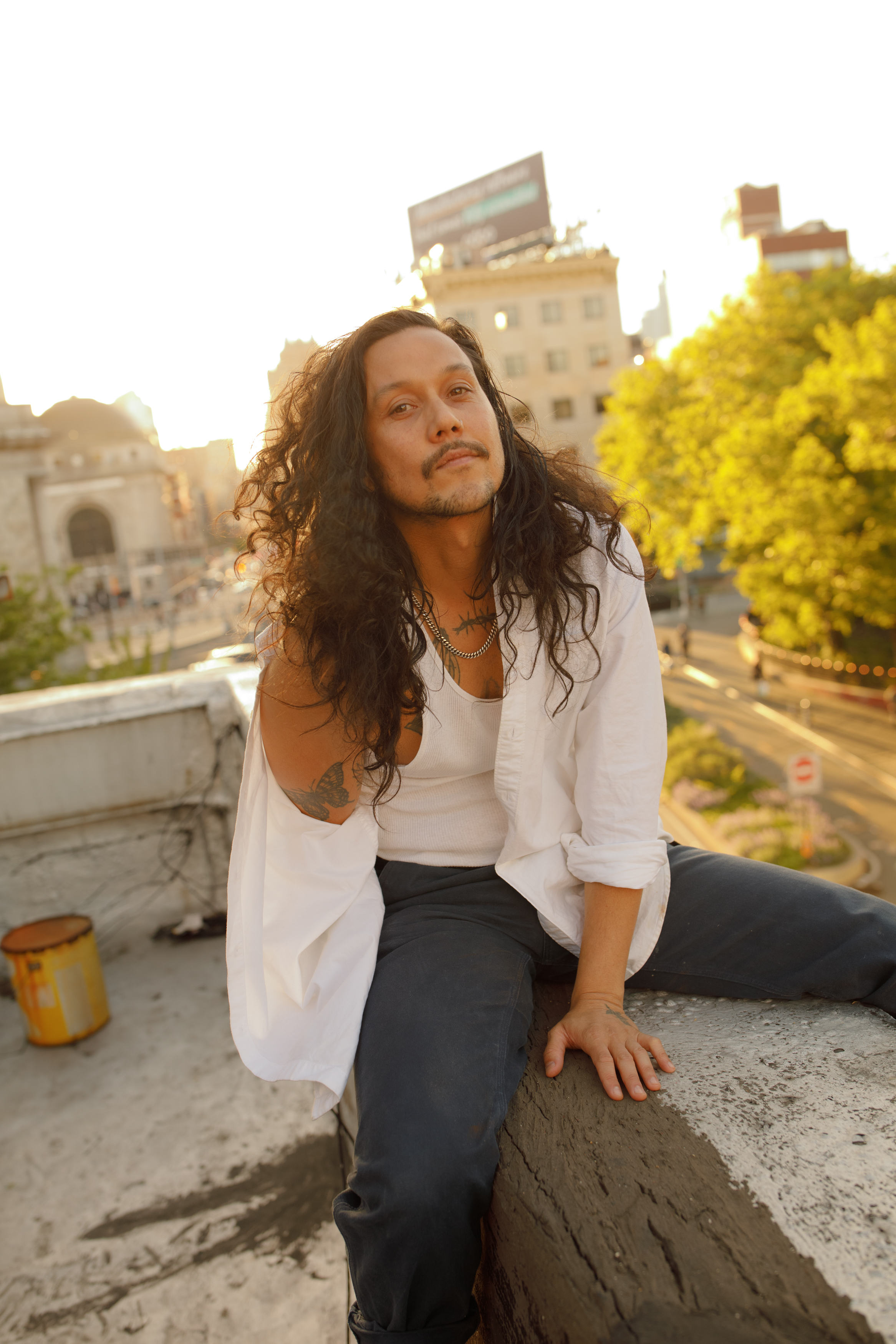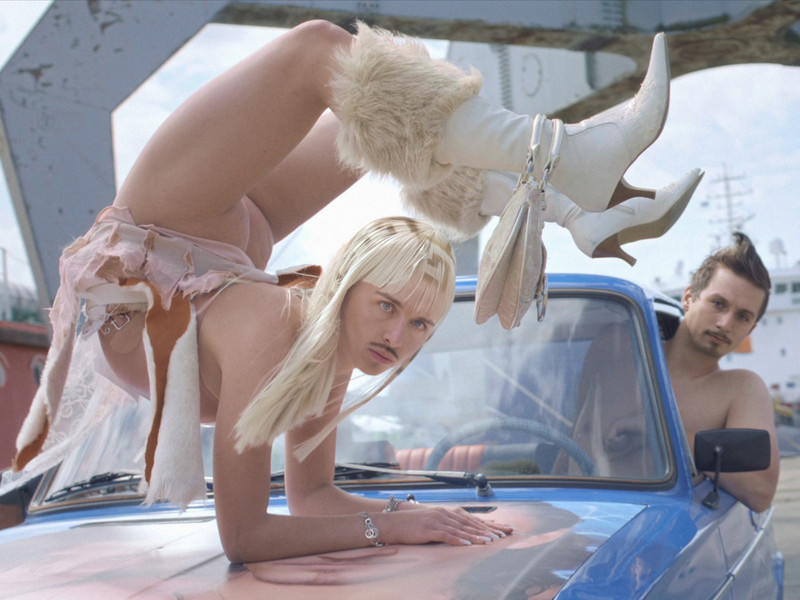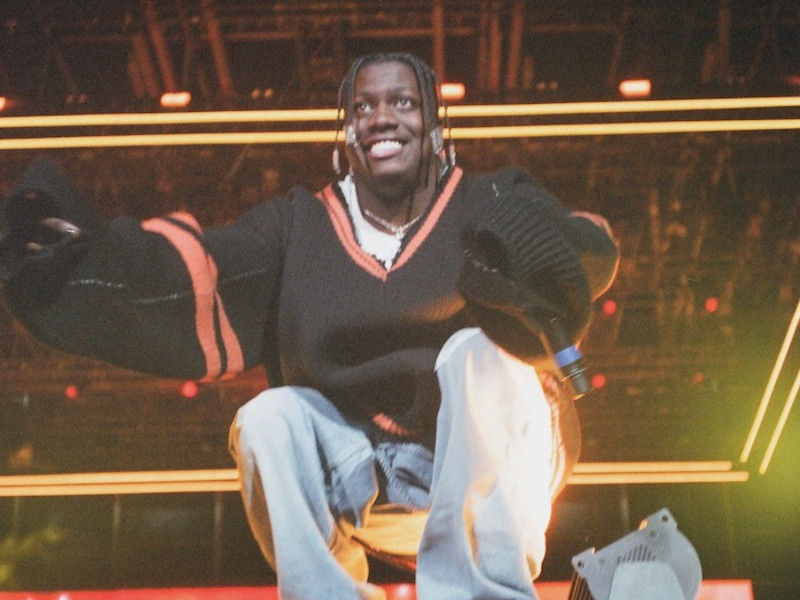HERE FOR LA
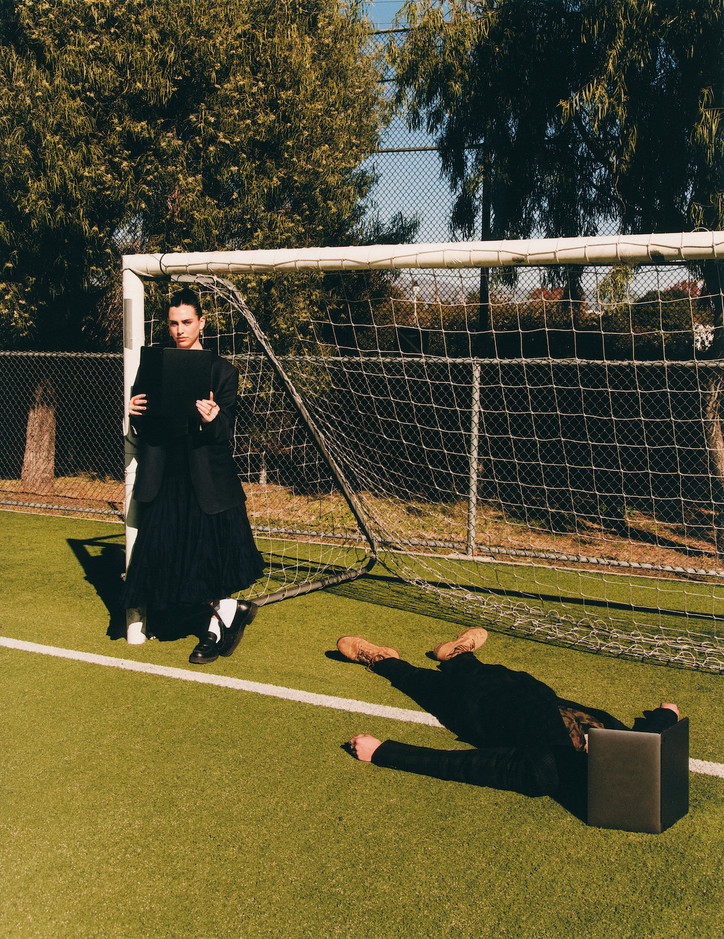
How did Here start?
Ethan Kring一 I mean, really, to start at the core, the project came from a recognition that the tools and resources that were at our disposal for creating change around different causes were not effective enough. For me, this originally came from being involved in the climate justice space and basically seeing the numerous problems, both digitally and physically, and in pushing out the mission, and onboarding people, and creating integrated change. This problem was affecting every organization and social movement structure. It was deeply concerning to me that all of our digital/social/consumer processes had no integrated structure for supporting the gaps and the problems in our world. And that's basically where the idea for Here came from. It didn't start as a means to create a festival. It started basically around this question: what am I here for? There's multiple layers towards creating systemic positive change in the world. It's very popular right now to talk about changing the world, or what's wrong with the world. We all have an idea of what everyone else should be here for. But when it comes to looking at ourselves in the great face of global existential dread, this is the big challenge. It's a bit of the counterintuitive nature of positive change. I think for much of the younger generation, as my peers, the byproduct is this feeling of “why am I here?” or “what's the point? I don't know what to do,” and these intense questions about how you relate to the world. The result is a lot of people collectively facing the world alone. With this project, the ultimate idea is based on giving individuals an effective way to take action around what it is that they are here for, and in turn have that serve the whole. To put it really specifically, there should be a space that is accessible and owned by everyone. It lets individuals or communities better integrate their causes into these consumer/digital/social processes to make them more ethical and impactful towards the gaps in the world. Here is a modular company that creates events and workshops, content, products, and collaborations, and even digital toolkits. It is all designed to give people ways to take action around the causes that they are here for.
What kind of backgrounds do you come from?
EK一 My background is within fine arts and photography. I went to college for five months, and then left on the basis of wanting to work on this project. But also I just was intensely overwhelmed by the climate crisis, and was trying to do work with organizations like Extinction Rebellion and Sunrise Movement and stuff like that.
Stella Blue一 I come from a background more on the music side, but also mental health advocacy. I do a lot of work in mental health advocacy, and I've always really wanted to be at the intersection of the arts and “doing good”. That's how I was brought on, and how it worked out really perfectly for me.
And how did you meet?
EK一 I would put that as shout out to Dagsen Love. Dagsen is a friend of ours who is really involved in the project and he had known Stella, and Stella and I have known each other now for five months, but it feels like ten years because we've been working every day, and constantly talking to each other about this whole thing. We basically just met over getting a Zoom call together with our friend that put it together.
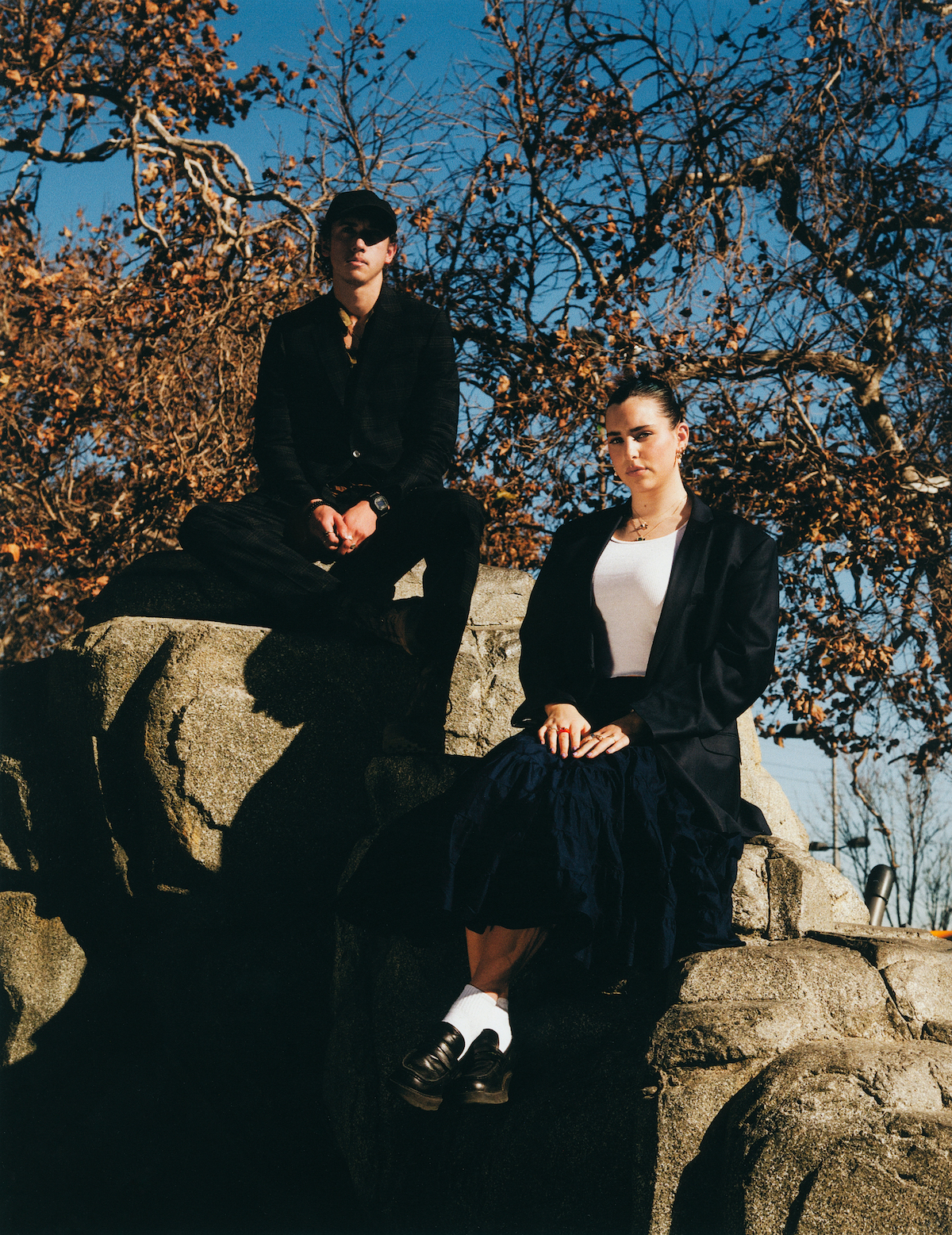
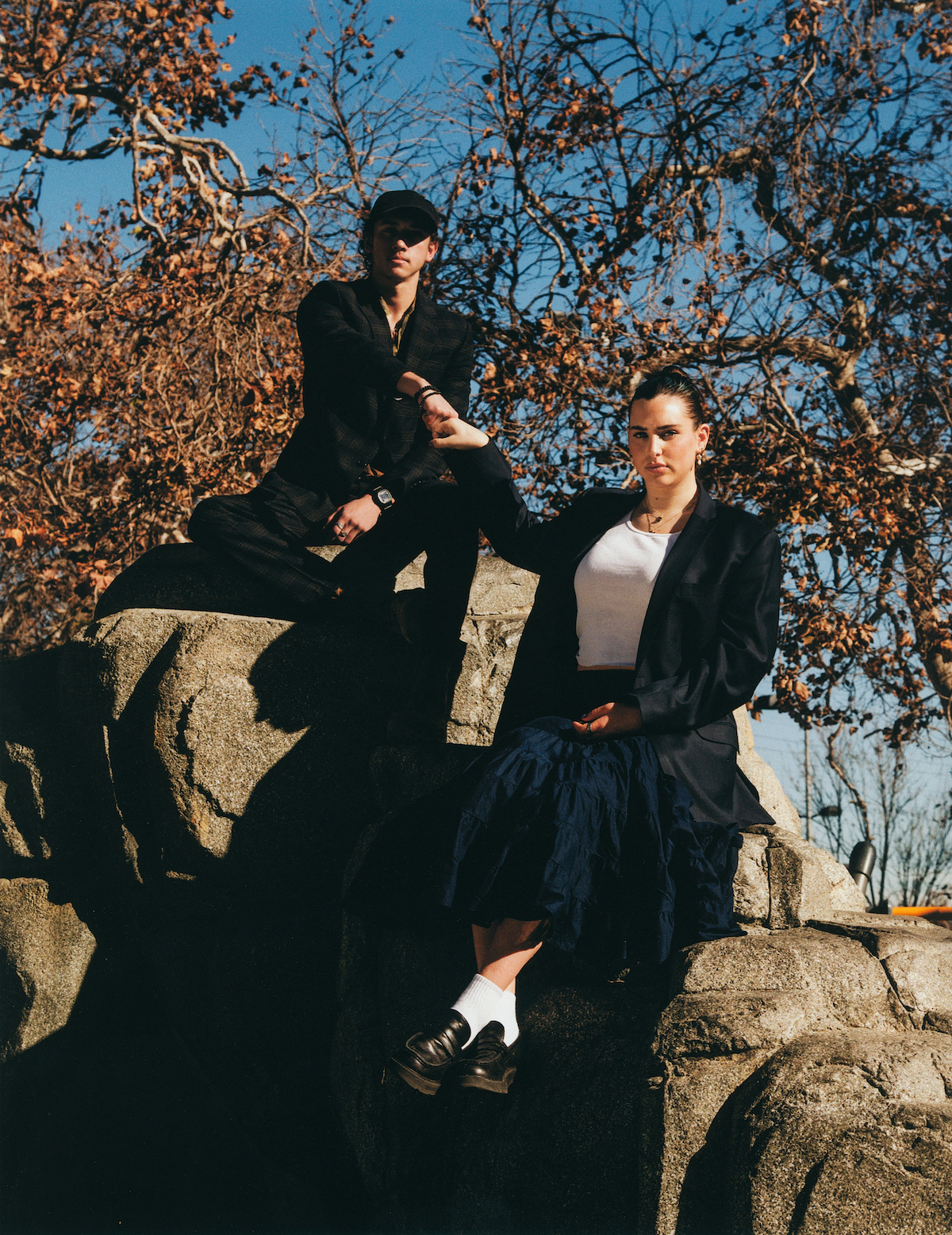
Why’d you choose to make it a music festival?
EK一 It's a recognized notion that the entertainment industry dictates so much about values, and ideals, and the things that we cultivate as a collective, and what we look up to. The current “charity festivals” that do exist now can feel a bit outdated, and sometimes commercial. We wanted to make something that felt extremely case-specific. The goal was to create a festival tour, so to speak, where we would be here for different cities in their communities, and here for LA is the first one. We can move this to be here for any place as it travels around. So, maybe HERE FOR LONDON or HERE FOR LISBON, etc. But the goal is always to bring together and support local artists, businesses, and organizations in that area wherever we go, and just make it a very personal and tight-knit event for each area. But I'll say that this is also the subsequent challenge combining the music industry with the desire to create tangible change in peoples’ lives. The music industry, as I've seen it this far, when you're working with the machine, doesn't feel like it has much of a heart.
SB一 And as cheesy as it sounds, music is a universal language. When thinking about something that we could bring to all different places of the world, music is something that most people can connect to in some way. It's a way to make giving back, and a way to want to do good, and want to be involved in this community fun. There's so many different types of artists. There's artists that are representative of every culture, every genre, every race, religion, ethnicity. It's a way to put people on a stage that all have completely different perspectives and point of views. I think that’s one thing that Ethan and I have tried to curate with the people and the artists. We want everyone who we think is doing good, or cares, but Here doesn't have an agenda beyond that. We want to support other people in what they believe in and give room for everybody to speak what's on their mind and have tough conversations.
What has it been like getting this together?
EK一 The festival is a two part event. We actually are doing a workshop group where we're basically hosting the three organizations that we're supporting, and we're bringing a couple of people around who we feel are really impactful in LA in the spaces of education, homelessness and housing sustainability. We're hosting a panel discussion, but also breaking out the audience into workshop groups to try and solve specific problems that those organizations are presenting. And then Here, as an organization, wants to give out grants based off of the ticket sales and donations to these workshop groups so they can keep on supporting the organizations after the festival as well. As for our roles, Stella and I are overseeing all of it, but I'm a little bit more catered towards the workshops, and Stella’s a little bit more catered towards overseeing the artists in production and hospitality.
SB一 Ethan and I met in June, and since then, we usually are with each other every day. I haven't met too many people in my life that I think have worked similarly to me, or have the same entrepreneurial aspirations as I do. Through this process, Ethan and I have learned so much together. We've made mistakes. We've had to have really tough conversations with people. I've cried a few times. It's been some of the most rewarding and also hardest months of my life. It's definitely been a process where Ethan and I have have been overwhelmed at times - have not slept at times - but it's really rewarding. We're talking to people that I never even thought I'd be able to get on a Zoom call with. As a writer in the industry, or just as a student, I never thought I would at this point be on calls with certain record label executives or certain people getting to communicate with them. Ethan's usually the first person I talk to when I wake up and the last person I talk to when I go to sleep.
What are the three nonprofits that you're working with, and why’d you choose each of them?
EK一 We wanted to drive on three issues that we knew were pretty big issues in the area and were applicable to a lot of people. That came to sustainability, education, and homelessness. These are three pillars we feel are issues that LA in particular is facing and thinking about very heavily. We went with artworkxLA because we've actually done a previous event with them before, and we both have backgrounds in creative arts. We figured it would be really interesting to engage with something that kind of combines arts education with the traditional education world.
SB一 Specifically to kids that are at risk of dropping out of high school.
EK一 They really get their hands dirty when it comes to like giving their students actual plans of action for how they can integrate post-school into careers that involve the arts. Then Homeless Health Care Los Angeles is a pretty unique organization. They have a little bit of an unconventional approach to how they work - both in their in their creative direction, and the narrative that they that they try to present about the misconceptions around people who are homeless. One of the things we really liked about them was they havean approach of meeting people where they're at as opposed to cutting someone off. They have a completely holistic approach to it too. They offer housing and a lot of programs. It doesn't feel like a machine. It's a very understanding and compassionate approach to working with the homeless community in Los Angeles.
SB一 I think if you make people feel more human, then they're more receptive to help and getting back on their feet. So, HHCLA is more about the path to a better life, rather than just placing people somewhere where they're not ready to be yet.
EK一 L.A. Works we originally got into because they are essentially an umbrella organization for mobilizing volunteers towards different initiatives and organizations around L.A. They mobilize a lot of different people towards different organizations and move where the changes are going. They were really keen on collaborating on a climate justice initiative, and that spoke to me very heavily. We thought that was really interesting and kind of innovative when it comes to working in that space.
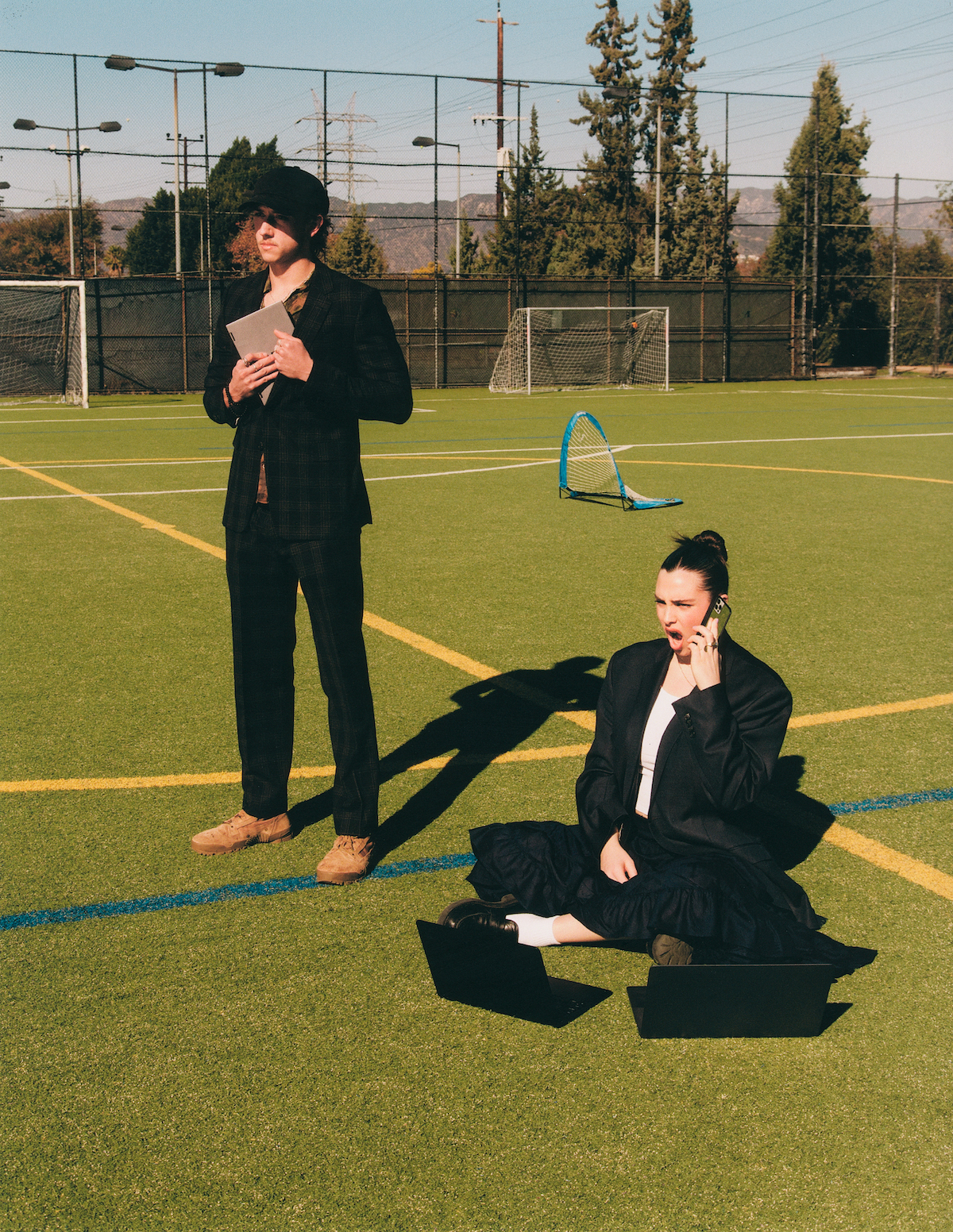
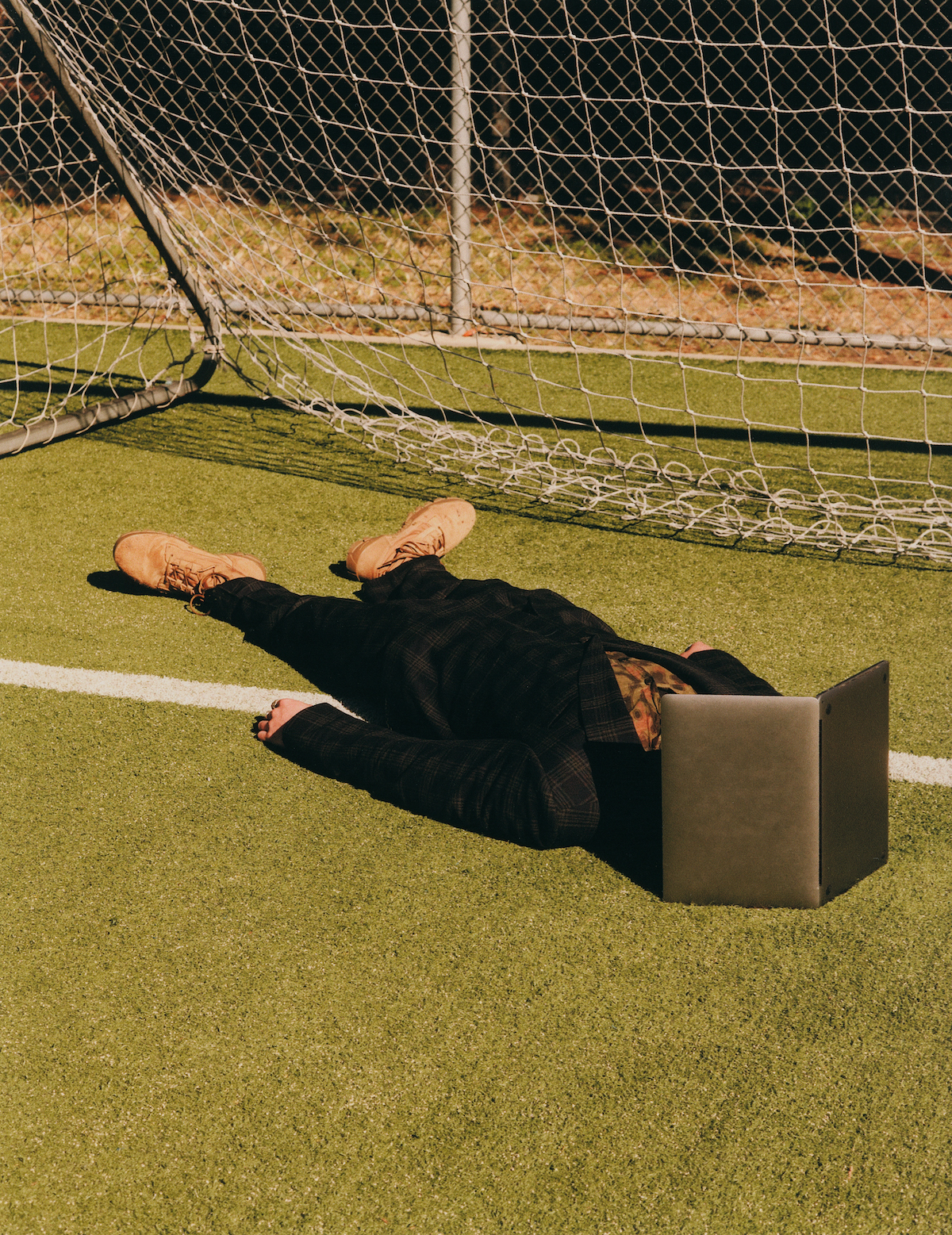
Do you already have plans for more festivals lined up after LA?
EK一 The basic premise is we want to think about this as like a television season. We want to create as much information, content, and ways to get involved based on the places that we go. The overall approach is we want to do seven cities, and LA is the first one. We're still kind of figuring out how we want to move towards the next one. But we plan to do it as a season of seven different places, involving the local communities and artists in those areas. I think the hope for the future with Here and the next steps that we take is to redesign what it means to get involved with nonprofit activities, and to redesign what it means to engage with global issues on a hyperlocal level. There basically needs to be arewrite in the narrative of how young people engage, maybe with doing work where they're passionate about the causes they want to solve. If we can come up with with different ways to help support individuals, organizations, and communities to take action around causes that are less traditional, then that's our goal. We basically need to try to come up with really innovative ways to do it that are that are much more fun and less existentially dreadful than the traditional ways of getting involved with organizations.
Is there anything else you want to mention?
EK一 For me the biggest thing is that we want to come at this with the most humble approach possible, acknowledging that we don't know everything, and that that's okay to not know everything, but to know that we are completely open to learning. We have arms wide open for people to come in and help us, and change things, and make this right for everyone because it is a really big mission that we're trying to tackle, which is: how do you do the most good, for the most people, in the most culturally effective way possible? That is a big thing to tackle with a lot of ethical dilemmas and walls. How do you do the most good if everyone has their own definition of what's good? We want to really navigate this in a way that is open minded, and compassionate, and respectful of everyone that we engage with.
